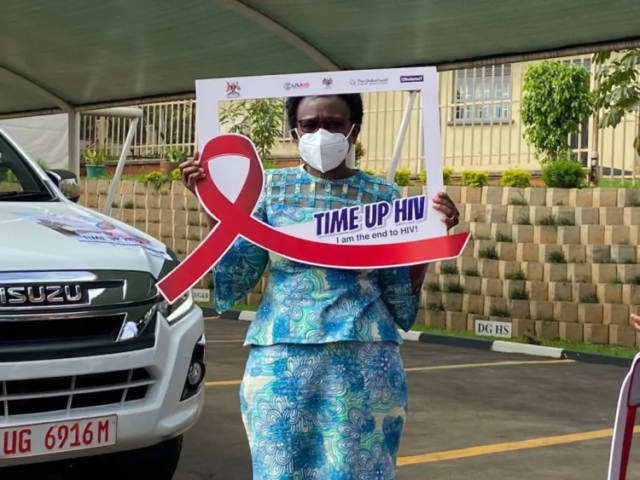
HIV activists have frowned upon the slow pace at which, the newly approved HIV prevention methods such as the dapivirine vaginal ring and the cabotegravir injection are being adopted by countries in Africa.
Speaking at a meeting held in Kampala during, which a new manifesto to push for more choices especially for women was launched, Winnie Byanyima, the UNAIDS Executive Director said while studies that proved the efficacy of such innovations were partly done here, the methods are still unavailable, limiting choice for girls and young women who are still being infected by HIV in big numbers.
Urging drug manufacturers such as VIIV Healthcare, the makers of the long-acting injection to make these products available for countries that make generics if they are to become affordable to countries in Africa.
In Uganda currently, for instance, the only pre-exposure prophylaxis method available is still oral PrEP as regulatory processes for both the injection and the vaginal ring are not yet approved. Both methods have long been approved for use by the World Health Organization.
Byanyima says this slow pace is worrying as data is showing that providing women with choices and putting in place programs that guarantee gender equality can cut HIV infection rates by over 50%. She says, in some countries, there’s no political will to have such options adopted.
And, worse she notes, sexual education is still lacking which is why there’s no comprehensive HIV knowledge among young people. Byanyima’s comments come after the Uganda Bureau of Statistics (UBOS) released results of the Demographic Health Survey 2022 last week highlighting a gap in access to HIV-related information.
In his remarks, Dr. Nelson Musoba the Director General of the Uganda AIDS Commission said as a solution they are changing their communication strategy to ensure different messages are tailored to address special challenges faced by different categories of people. Musoba also reveals that while Uganda has not yet adopted the use of the ring and the HIV injectable drug, plans to have these rolled out are in advanced stages.
However, it’s not yet clear, how exactly the dapivirine ring will be funded as the US President’s Emergency Plan for AIDS Relief (PEPFAR) one of the biggest funders of HIV in the country doesn’t fund the product. The entity has also committed to fund the injection. While speaking at the meeting, Dr Mary Borgman PEPFAR’s Coordinator in Uganda revealed that they will not procure microbicides such as the ring but they may put aside funds to create awareness about it.
Meanwhile, in the newly launched manifesto, Lillian Mworeko who heads an NGO, the International Community of Women Living with HIV East Africa says they are asking governments to make commitments that are beyond relying on donor funding for everything. According to her, they make demands in the new manifesto that governments in Africa need to pay the most attention if they are to prevent new infections among women and girls.






